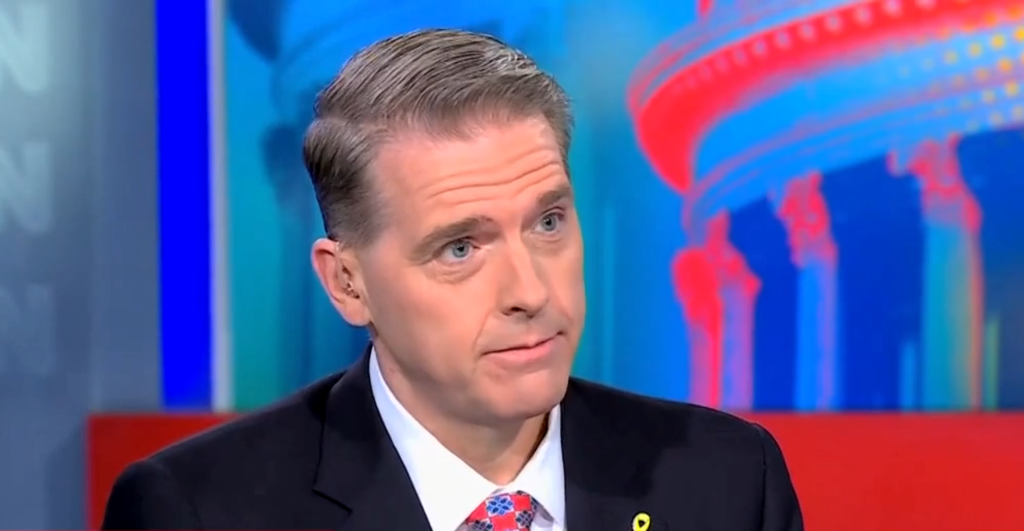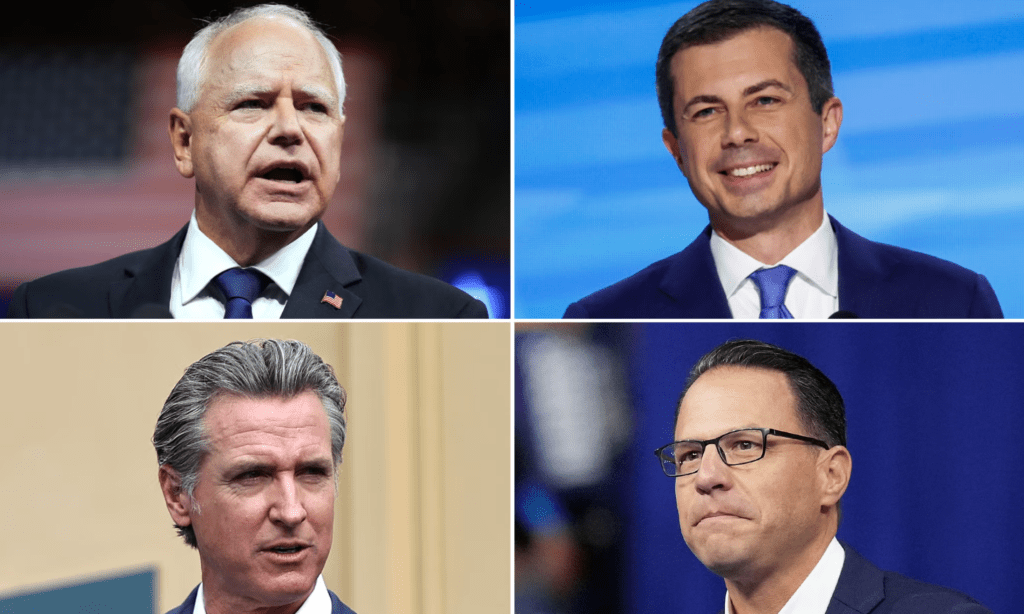The Supreme Court ruled 9-0 Monday that former President Donald Trump cannot be removed from Colorado’s 2024 ballot.
The Colorado Supreme Court found Trump ineligible for the state’s ballot in December, ruling he was disqualified under Section 3 of the 14th Amendment. The Civil-war era provision bars individuals who took an oath to the Constitution and then “engaged in insurrection” from holding office.
“Because the Constitution makes Congress, rather than the States, responsible for enforcing Section 3 against federal officeholders and candidates, we reverse,” the court’s ruling stated.
The justices expressed concern about the “patchwork” of outcomes that would result from states reaching various decisions, noting an “evolving electoral map could dramatically change the behavior of voters, parties, and States across the country, in different ways and at different times.”
“Nothing in the Constitution requires that we endure such chaos—arriving at any time or different times, up to and perhaps beyond the Inauguration,” they wrote.
A group of Colorado voters, backed by the left-wing group Citizens for Responsibility and Ethics in Washington, sued to remove Trump in September, arguing his role in “recruiting, inciting and encouraging a violent mob” on Jan. 6, 2021 was disqualifying. Maine and, just last week, Illinois, followed by also finding Trump ineligible.
Over 60 challenges have been filed in various states challenging Trump’s eligibility for the ballot, according to court documents.
All nine justices agreed that states cannot remove federal candidates from office from the ballot. But Justices Sonia Sotomayor, Elena Kagan and Ketanji Brown Jackson wrote separately to voice their disapproval of the majority going further and deciding Section 3 can only be enforced federally by Congress enacting legislation.
“Although federal enforcement of Section 3 is in no way at issue, the majority announces novel rules for how that enforcement must operate,” they wrote. “It reaches out to decide Section 3 questions not before us, and to foreclose future efforts to disqualify a Presidential candidate under that provision.”
Justice Amy Coney Barrett also wrote separately to state that amid settling “a politically charged issue in the volatile season of a Presidential election,” the Court’s writing “should turn the national temperature down, not up.”
“For present purposes, our differences are far less important than our unanimity: All nine Justices agree on the outcome of this case,” she wrote. “That is the message Americans should take home.”
In April, the Supreme Court will hear another consequential case considering whether Trump is immune from prosecution in his federal election interference case. The trial in Washington, D.C., is currently on hold pending the decision on Trump’s appeal.
NOW READ:
SNL Mocks Biden Cronies Covering for President’s Declining Ability to Do the Job


